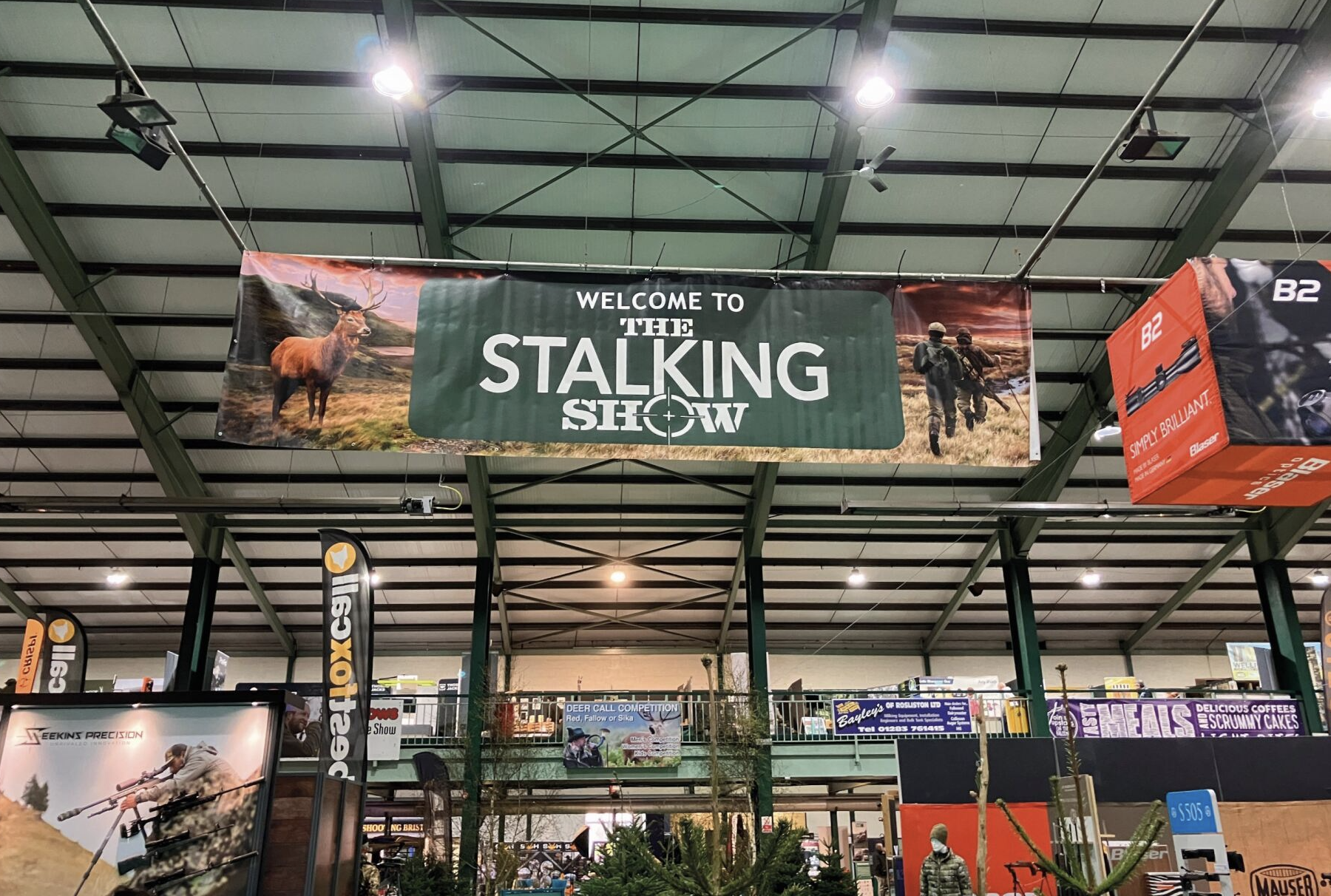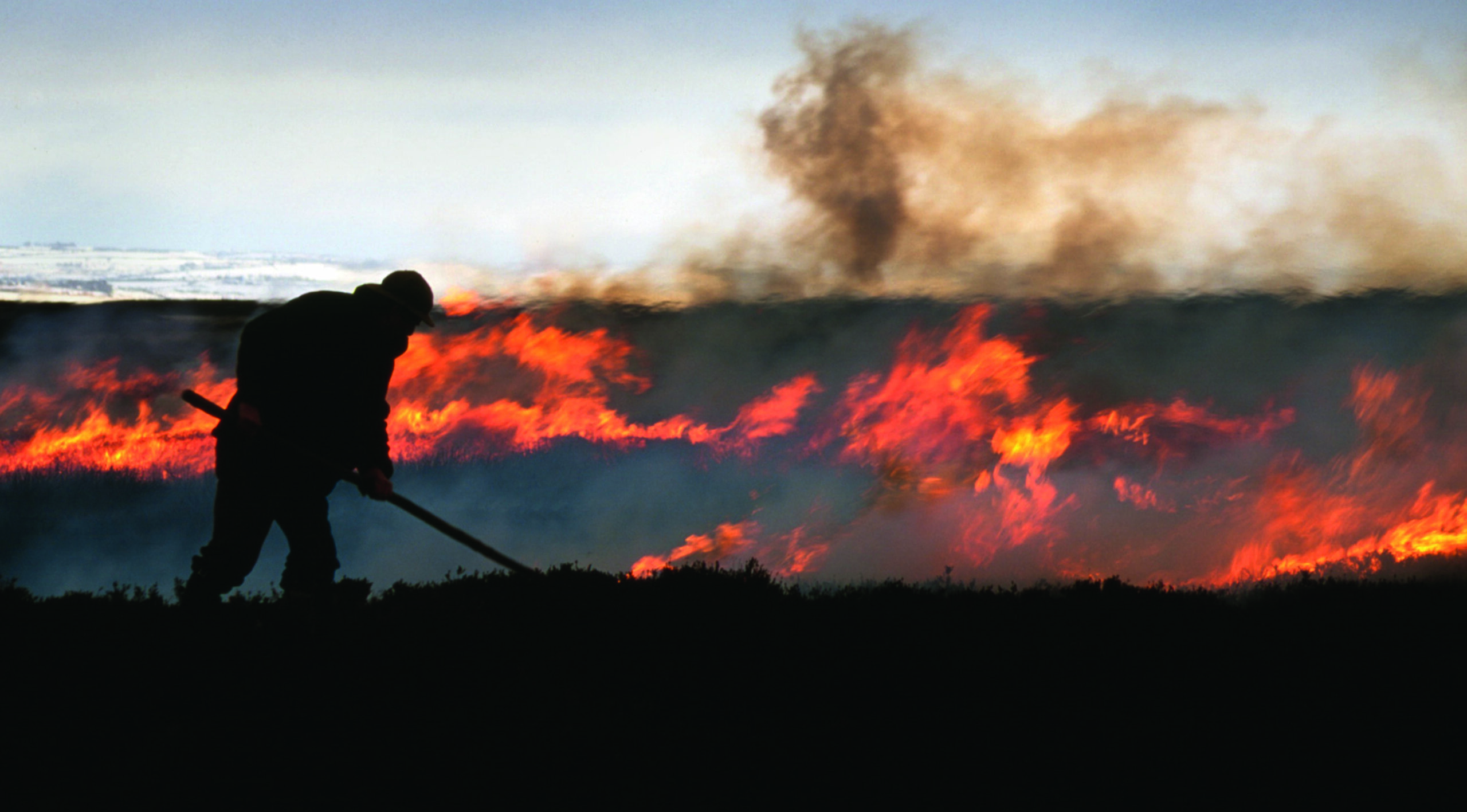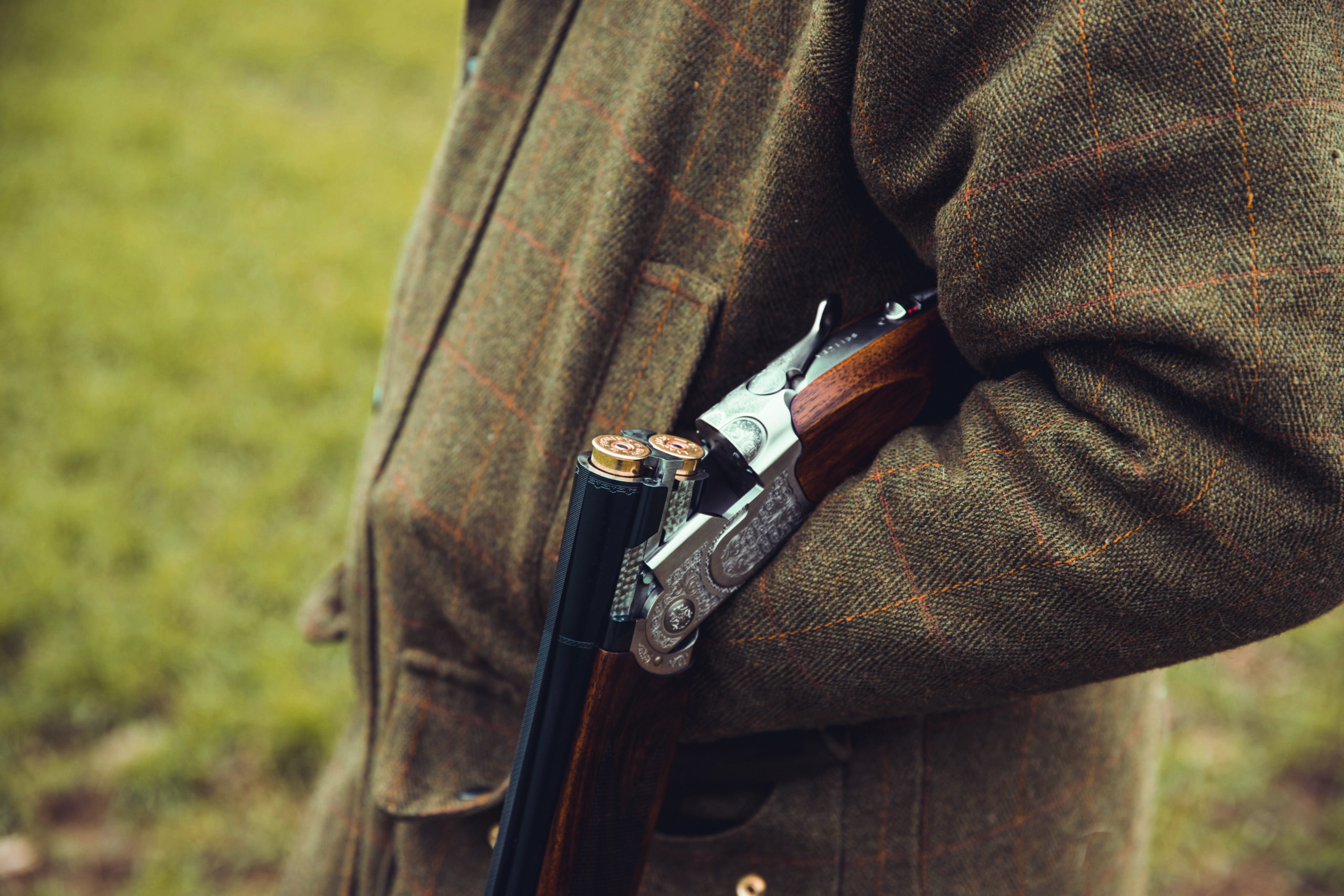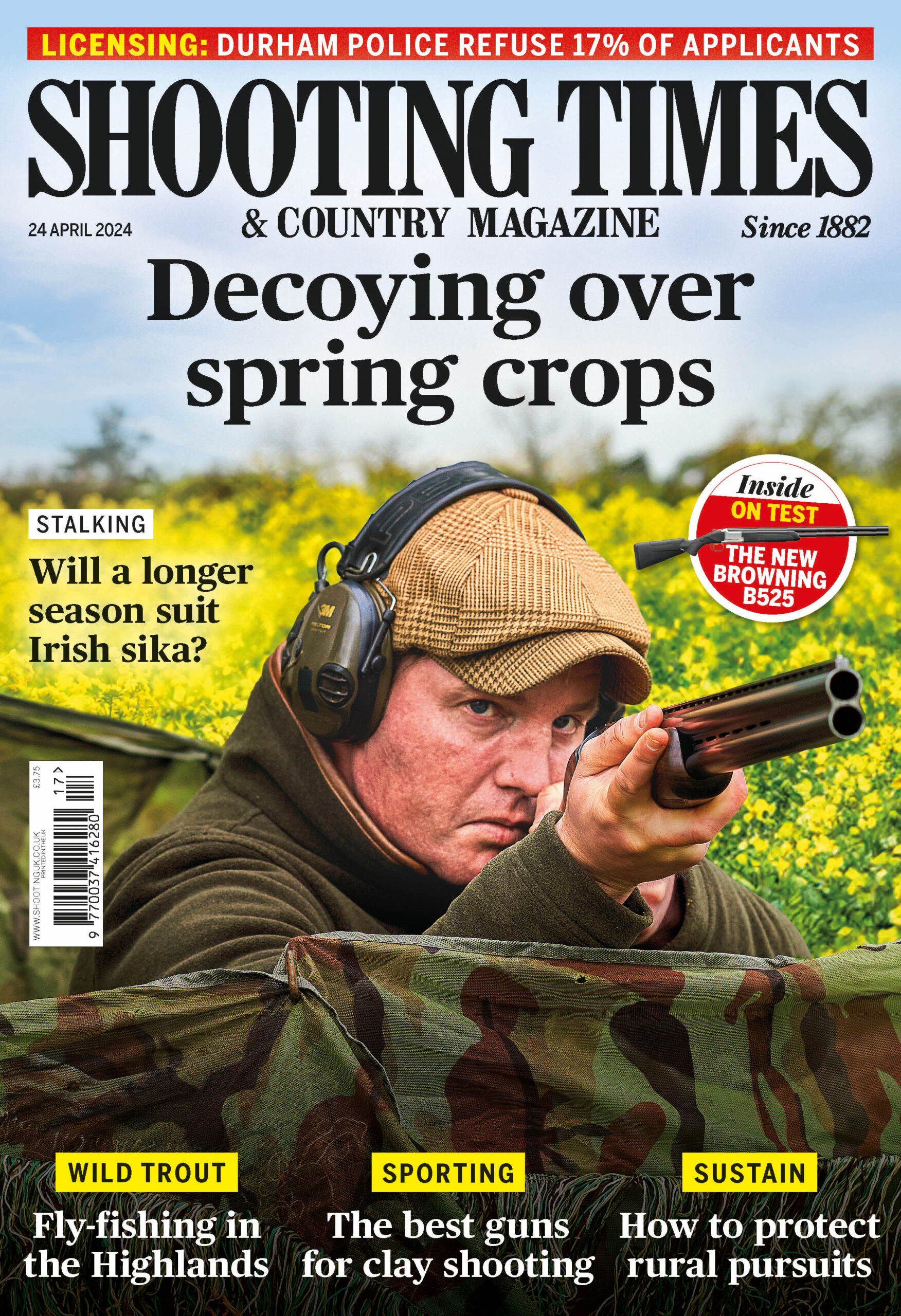Final authorisation for badger cull is granted in South West
Speaking at the National Farmers Union (NFU) conference in Birmingham on 27 February, DEFRA secretary of state Owen Paterson announced that the licence conditions had been met to allow two pilot badger control programmes to go ahead.
Natural England published confirmatory letters, heavily edited to protect those undertaking the cull.
The pilot schemes will take place in west Gloucestershire and west Somerset.
Each licence will be granted for a four-year term, allowing an annual six-week cull to take place between 1 June and 31 January.
Those granted licences are authorised to reduce badger populations by at least 70%, though a maximum number of badgers has been specified to prevent local extinction.
The Government has selected part of Dorset as a reserve pilot area, and Natural England will now work to process a licence application, but a control programme will not be licensed unless the cull in either west Gloucestershire or west Somerset cannot proceed.
The NFU?s president, Peter Kendall, said in a statement: ?These pilots will help to demonstrate that the control methods are safe, effective and humane in delivering this element of the Government?s TB eradication policy.?
However, many believe that more areas should be granted control licences. Mr Kendall?s statement concluded: ?We need to see a firm commitment from the Government to the wider rollout of the policy to 10 other hot spots annually where TB is persistent and high from 2014.?
?This doesn?t mean badger culls will happen across the country, far from it. But it does mean we will be able to target those areas where TB affects farms and cattle repeatedly and on a large scale.?
Animal rights organisations have protested against the cull, with 100 demonstrators attending the NFU conference in Birmingham last week.
The RSPCA?s Gavin Grant also issued a statement, saying: ?All the evidence shows that the answer to the problems of bovine TB in cattle does not lie in a cull that will be ineffective, wasteful and potentially damaging to the welfare of both farm and wild animals.?
Owen Paterson admitted that the cull would come at a cost to the taxpayer, and that the aborted cull of 2012 had cost more than £1million.
Critics claim that the entire project for the two selected culling areas will cost about £4million, with a survey of the Dorset site costing £300,000.
However, over the past 10 years, bovine TB has resulted in the slaughter of tens of thousands of cattle, at a cost of £500million.
Shadow environment secretary Mary Creagh opposes the cull and claims that it will cost £4million over the four years in policing alone.
The licensing letters from Natural England lay down strict conditions, including that the licensee must have enough funds to complete the cull; no cage trapping may take place after 30 November; a minimum and maximum number of badgers to be culled; and that those undertaking the cull must be on the list of ?additional authorised persons?.
The seasons for culling are also specified: shooting from 1 February to 31 May, cage trapping and shooting from 1 December to 31 May and cage trapping and vaccinating from 1 December to 1 April.
To read the licensing letters and conditions, visit bit.ly/12aovyq
Say what you think in the Shooting UK forums!
Final authorisation for badger cull is granted in South West








